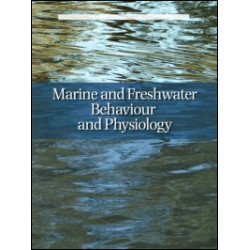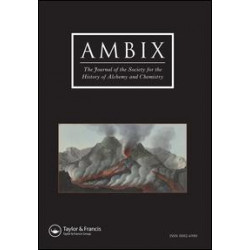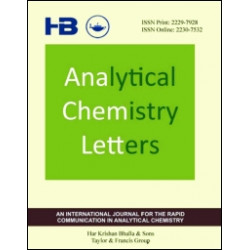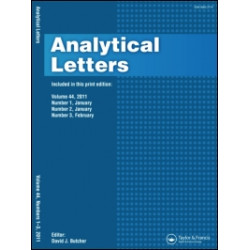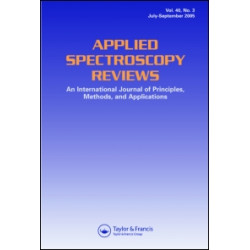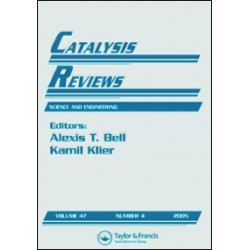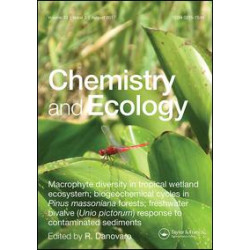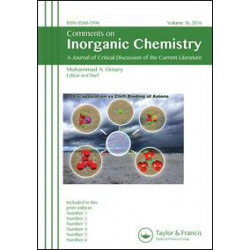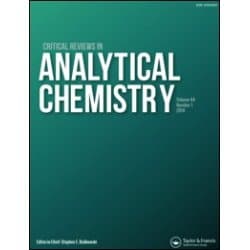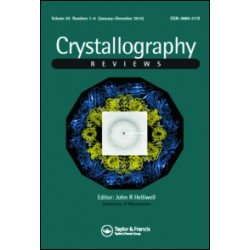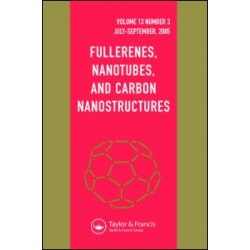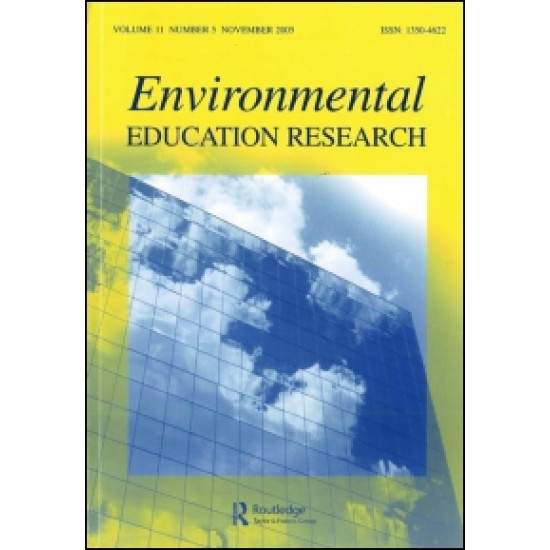
The mission of Environmental Education Research is to advance research-based and scholarly understandings of environmental and sustainability education. The journal achieves this by publishing peer reviewed research and scholarship on all aspects of environmental education, sourced from around the world and diverse schools of thought and practice in inquiry.
The editorial board welcomes submission of original, high quality and innovative papers derived from empirical, philosophical, practice-or policy-related investigations of environmental and sustainability education. The journal’s primary audiences are those working in or with the broad fields of education and educational research, and environmental studies, and relevant interdisciplinary or subdisciplinary aspects.
Manuscripts should be scholarly, analytical and critical. Ideas discussed and advanced should be transferable to other educational systems and cultures (where possible), and papers should be accessible to an international readership.
Advice, guidelines and templates for preparing manuscripts of a range of types are available in the Instructions for Authors and Environmental Education Research general guidelines, including on authorship and contributorship, and other facets of publishing ethics.
The most cited and most read papers in the journal tend to be literature reviews, innovative empirical and theoretical studies, and analyses of key concepts in and approaches to environmental and sustainability education. In supporting the mission and aims of the journal, and to contribute to scholarly conversation and debate in this field, the editorial board strongly encourages authors to consult the scholarly literature in this and cognate fields when positioning and advancing arguments.
In addition to empirical and theoretical research articles (typically argued in 5-7,000 words, excluding references and other support material, such as figures, tables and boxes), Environmental Education Research also accepts the following manuscript types:
- Scholarly reviews: Extended essays and surveys, e.g., a literature review (typically 10-15,000 words);
- Review essays: on key questions, breakthroughs, developments, events, publications and trends (typically 3-5,000 words);
- Review symposia: a group of review essays;
- Research degree synopses (350 max words).
- Critical commentary on research and developmental activities in environmental education;
- Retrospective analyses of activities in a field;
- Critical commentaries on policy or practice issues;
- Comparative aspects of an environmental education topic or theme;
- Conference reviews.
The journal also offers a review section for books, reports and publications in other media which advance research-based and scholarly understandings of environmental and sustainability education.
We support open access publishing, and are a member of the Committee on Publishing Ethics.
All original articles published in this journal have undergone rigorous double-blind peer review, based on initial editor screening and anonymised refereeing by at least two anonymous referees.
Author Benefits
The journal is abstracted and indexed in several prestigious databases including Scopus, the Social Sciences Citation Index and more.
Our international Editorial Office, Editorial Board and referees will guide you from submission to publication.
Our Author Services page provides you with tips and tricks to promote your research on social media and through your network. This includes 50 free e-prints to share with anyone you wish.






